
The International Monetary Fund (IMF) and the World Bank share a common goal of raising living standards in their member countries.
Their approaches to achieving this shared goal are complementary: the IMF focuses on macroeconomic and financial stability while the World Bank concentrates on long-term economic development and poverty reduction.
Want to know more, watch this broadcast media video on the difference between the IMF and the World Bank

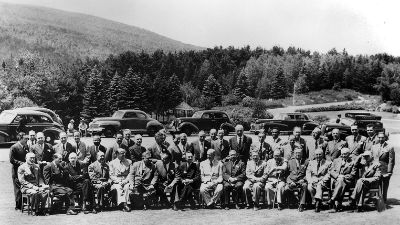
The IMF and the World Bank were created in July 1944 at an international conference in the United States (in Bretton Woods, New Hampshire) that established a framework for economic cooperation aimed at creating a more stable and prosperous global economy. While this goal remains central to both institutions, their work constantly evolves in response to economic developments and challenges.
The IMF promotes global macroeconomic and financial stability and provides policy advice and capacity development support to help countries build and maintain strong economies. The IMF provides short- and medium-term loans to help countries that are experiencing balance of payments problems and difficulty meeting international payment obligations. IMF loans are funded mainly by quota contributions from its members. IMF staff are primarily economists with wide experience in macroeconomic and financial policies.
The World Bank promotes long-term economic development and poverty reduction by providing technical and financial support to help countries implement reforms or projects, such as building schools, providing water and electricity, fighting disease, and protecting the environment. World Bank assistance is generally long-term and is funded by member country contributions and by issuing bonds. World Bank staff are often specialists on specific issues, such as climate, or sectors, such as education.
The IMF and World Bank routinely collaborate to assist member countries under terms set out in the 1989 concordat and subsequent frameworks. This entails:
 |
High-level coordinationDuring the Annual Meetings of the Boards of Governors of the IMF and the World Bank, Governors present their countries views on current issues in international economics and finance and decide how to respond to them. A group of IMF and World Bank Governors also sit on the Development Committee that advises the two institutions on promoting economic development in low-income countries. |
Management consultationThe Managing Director of the IMF and the President of the World Bank meet regularly to consult on major issues. They issue joint statements, occasionally write joint articles, and may visit regions and countries together. The First Deputy Managing Director of the IMF and the World Bank Managing Director of Operations also hold regular meetings to discuss country and policy issues. |
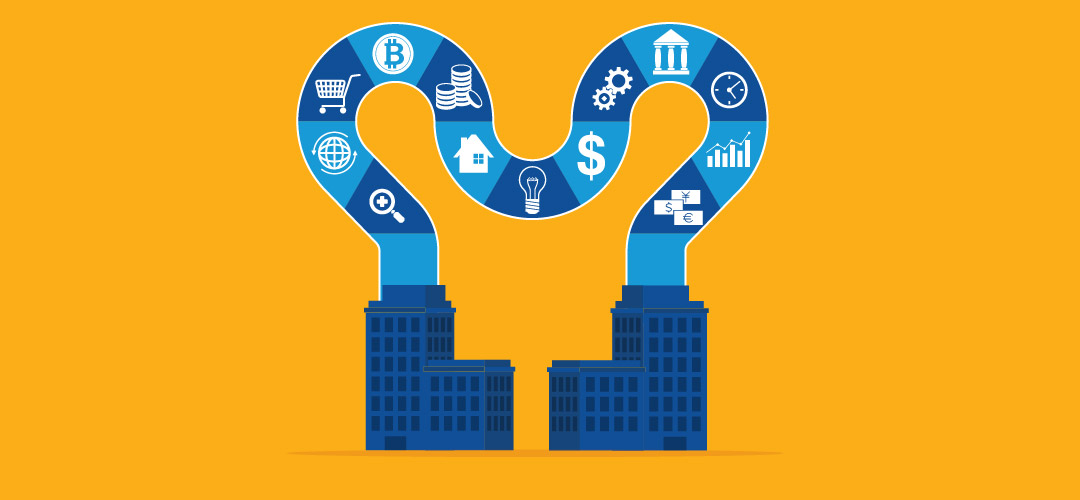 |
 |
Staff collaborationIMF and Bank staffs collaborate closely on country assistance and policy issues that are relevant for both institutions. IMF assessments of a country’s general economic situation and policies inform the World Bank’s assessments of potential development projects or reforms. Similarly, World Bank advice on structural and sectoral reforms informs IMF policy advice. The staffs of the two institutions also cooperate in specifying the policy components in their respective lending programs. |
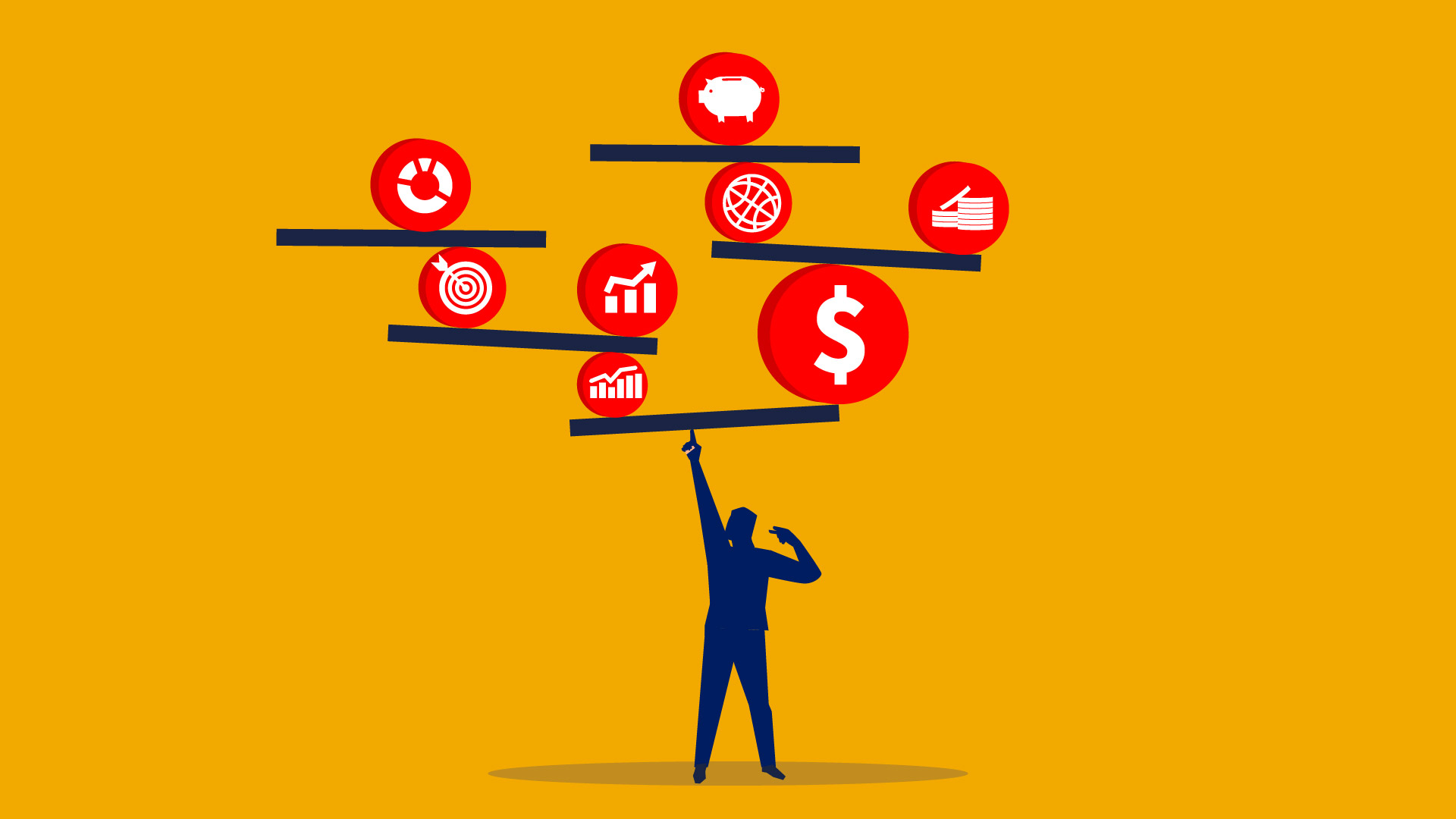
Assessing financial stability in member countries to ensure they are resilient and well regulated. The Financial Sector Assessment Program (FSAP) identifies the strengths and vulnerabilities of a country's financial system and recommends appropriate policy responses. |
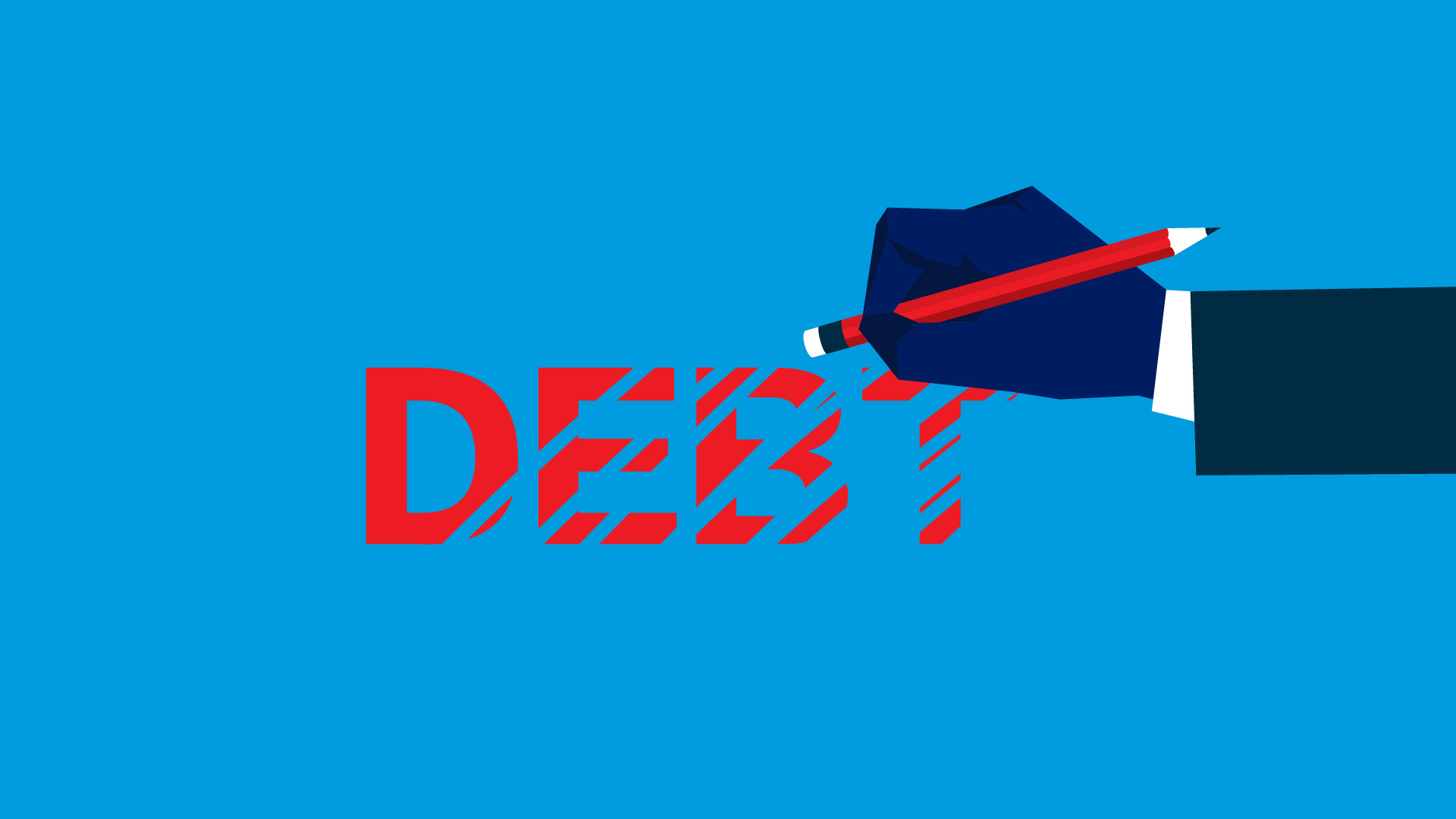
Reducing debt burdens of the most heavily indebted poor countries under the Heavily Indebted Poor Countries (HIPC) Initiative and the Multilateral Debt Relief Initiative (MDRI). IMF and World Bank staff jointly analyze country debt sustainability under the Debt Sustainability Framework (DSF) developed by the two institutions. |
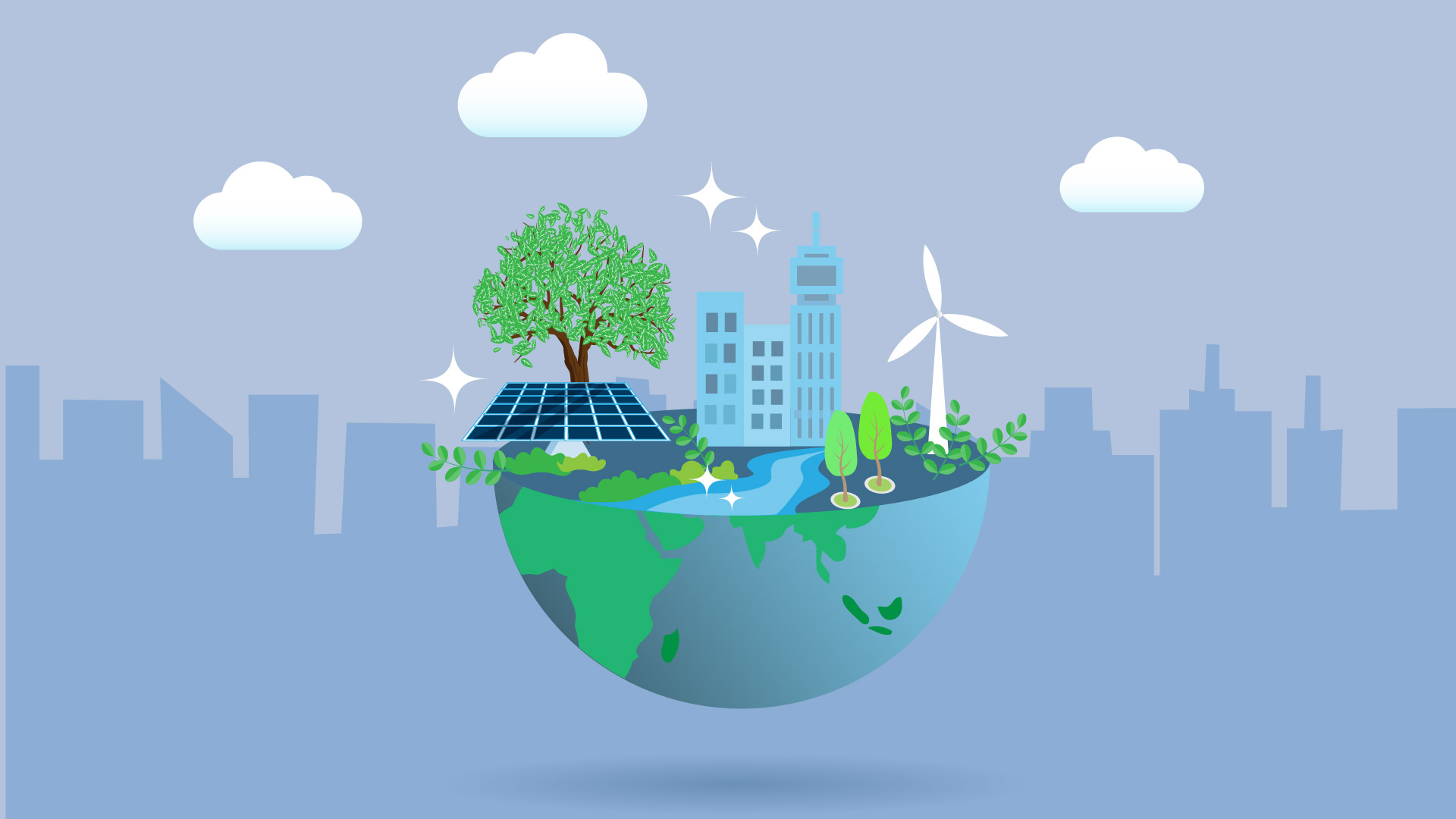
Climate Change. To help countries adapt and build resilience to climate change, in 2017 the IMF and the World Bank introduced on a pilot basis joint Climate Change Policy Assessments (CCPA) that provide assessments of preparedness, macroeconomic impact, mitigation, adaptation, and financing strategies for small, vulnerable, and capacity-constrained countries. |
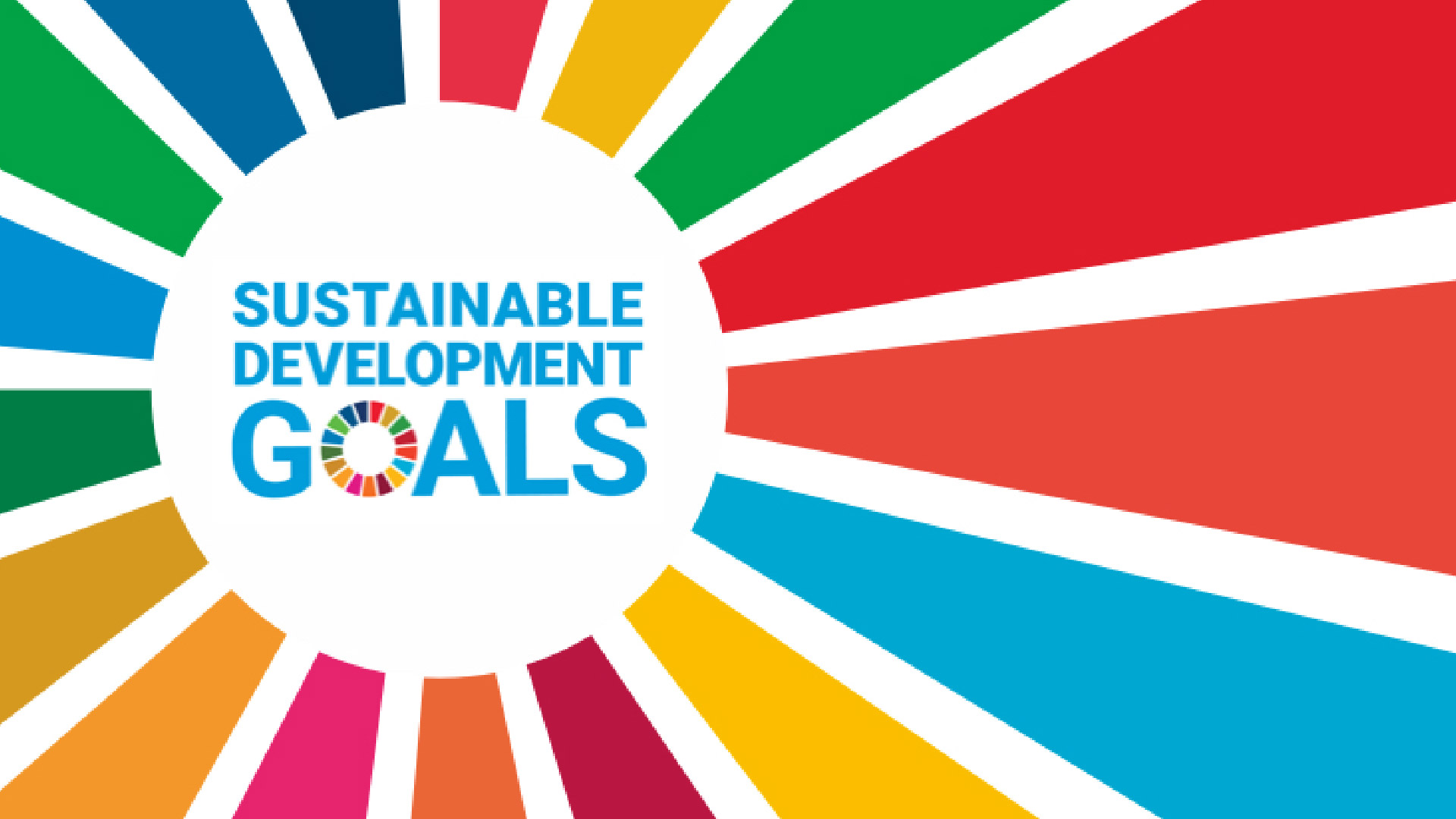
The 2030 development agenda. In 2015, under the 2030 Global Development Agenda, the Sustainable Development Goals (SDGs) replaced the Millennium Development Goals (MDGs). The IMF and the World Bank work together to support member countries reach their SDGs. There’s more information in this video on SDGs. |
This page was last updated in November 2022